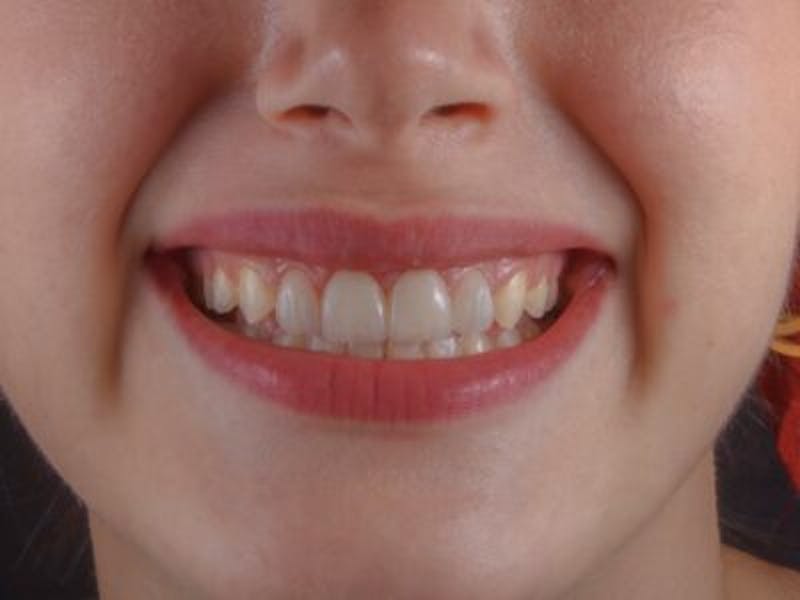Ask us about $1,000 Off Invisalign for the New Year!

Dental fillings have been a fundamental part of oral healthcare for decades, serving to repair cavities and restore damaged teeth. Among the various materials used, dental amalgam fillings, commonly referred to as “silver fillings,” have raised concerns due to their mercury content. While they have been widely used for their durability and cost-effectiveness, the potential risks associated with mercury exposure have sparked debates within the dental and medical communities. In this blog, we will explore the dangers of mercury fillings, identify those at higher risk, and provide a checklist for safe removal.
The Mercury Controversy:
Dental amalgam fillings consist of a mixture of metals, including silver, tin, copper, and approximately 50% elemental mercury. Mercury, a known neurotoxin, has led to concerns about its release into the body and potential health risks. When amalgam fillings are exposed to chewing, drinking hot beverages, or undergoing dental treatments, they can release small amounts of mercury vapor. These vapors can be inhaled and absorbed into the bloodstream, potentially impacting various bodily systems.
Who Is At Risk:
- Sensitive Individuals: Certain individuals may be more vulnerable to the effects of mercury vapor, including pregnant women, developing fetuses, young children, and individuals with compromised kidney function.
- Metal Allergies: Some individuals may exhibit allergic reactions to metals used in dental amalgam fillings, leading to oral discomfort or other adverse symptoms.
- Occupational Exposure: Dentists, dental assistants, and dental laboratory workers are at a higher risk due to consistent exposure to mercury vapor during the placement and removal of amalgam fillings.
- Cumulative Exposure: Those with multiple amalgam fillings, especially if they undergo regular dental treatments that involve drilling or other procedures, might face cumulative exposure to mercury vapor over time.
Potential Health Concerns:
Research into the long-term effects of mercury exposure from dental amalgam fillings is ongoing, and the scientific consensus remains a topic of debate. Some potential health concerns associated with mercury exposure include:
- Neurological Effects: Mercury exposure has been linked to cognitive deficits, memory issues, mood disorders, and developmental delays, especially in children and fetuses.
- Kidney Function: High levels of mercury exposure can affect kidney function, potentially leading to kidney damage over time.
- Immune System: Some studies suggest that mercury exposure may impact the immune system, making the body more susceptible to infections and autoimmune diseases.
Safe Removal Checklist:
For individuals concerned about their amalgam fillings and considering removal, it’s crucial to prioritize safe removal procedures to minimize potential exposure to mercury vapor. Here’s a checklist to follow:
- Choose an Experienced Dentist: Opt for a dentist who is experienced in safe amalgam removal techniques, following guidelines established by dental associations.
- Isolation and Protection: During the removal process, use a rubber dam and high-volume suction to isolate the tooth and prevent inhalation or ingestion of debris.
- Protective Gear: Ensure that both the patient and dental staff wear appropriate protective gear, including masks, goggles, and gloves, to minimize exposure.
- Air Filtration: Use proper air filtration systems in the treatment room to capture mercury vapor and particles.
- Alternate Air Supply: Provide the patient with an alternate air supply to minimize inhalation of mercury vapor.
- Disposal: Dispose of amalgam waste properly, adhering to environmental guidelines for mercury waste.
- Post-Removal Care: After removal, consider detoxification protocols under the guidance of a healthcare professional.
Conclusion:
The debate surrounding the dangers of mercury fillings is a complex and evolving topic. While research has yielded conflicting conclusions, it’s essential to consider individual risk factors and make informed decisions about dental health. If you are concerned about your amalgam fillings, consulting with Sinada Dental and explore safe removal options is a proactive step toward ensuring your overall well-being. Remember, your oral health is a crucial component of your overall health, and informed choices can lead to a healthier and happier life.
Back to Blog


